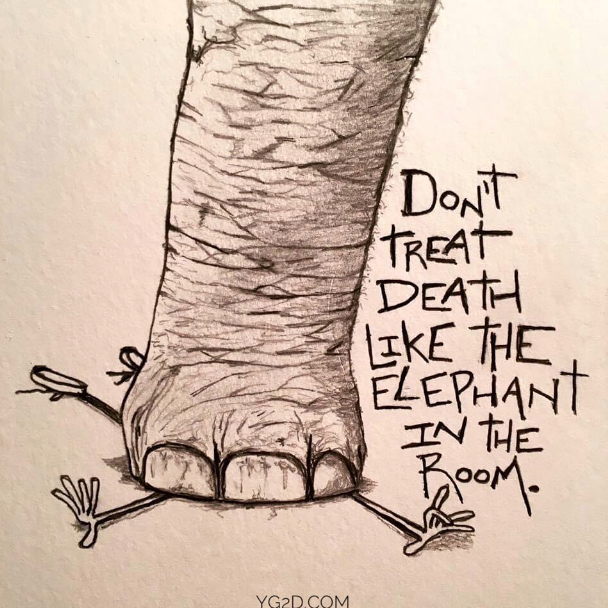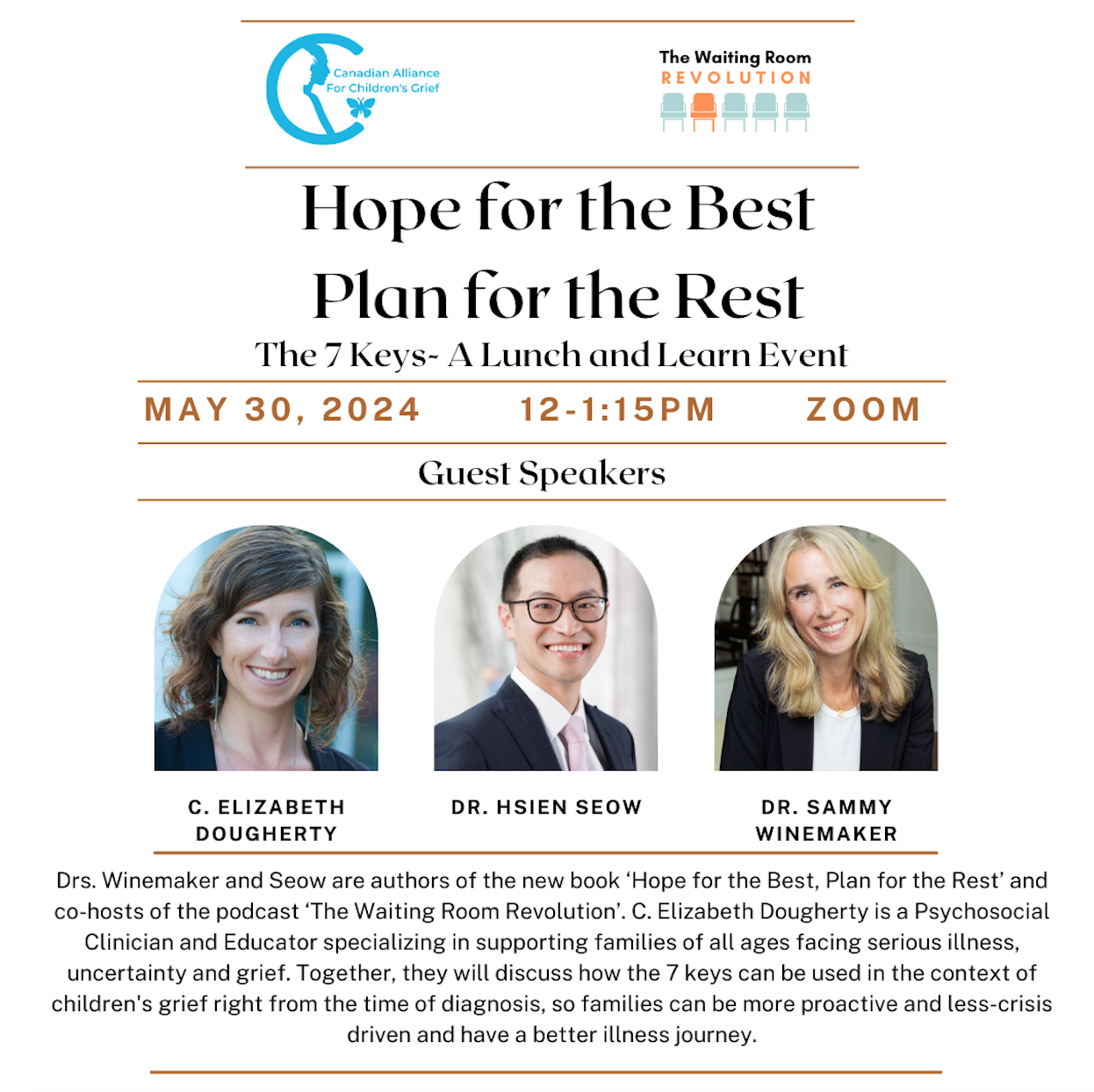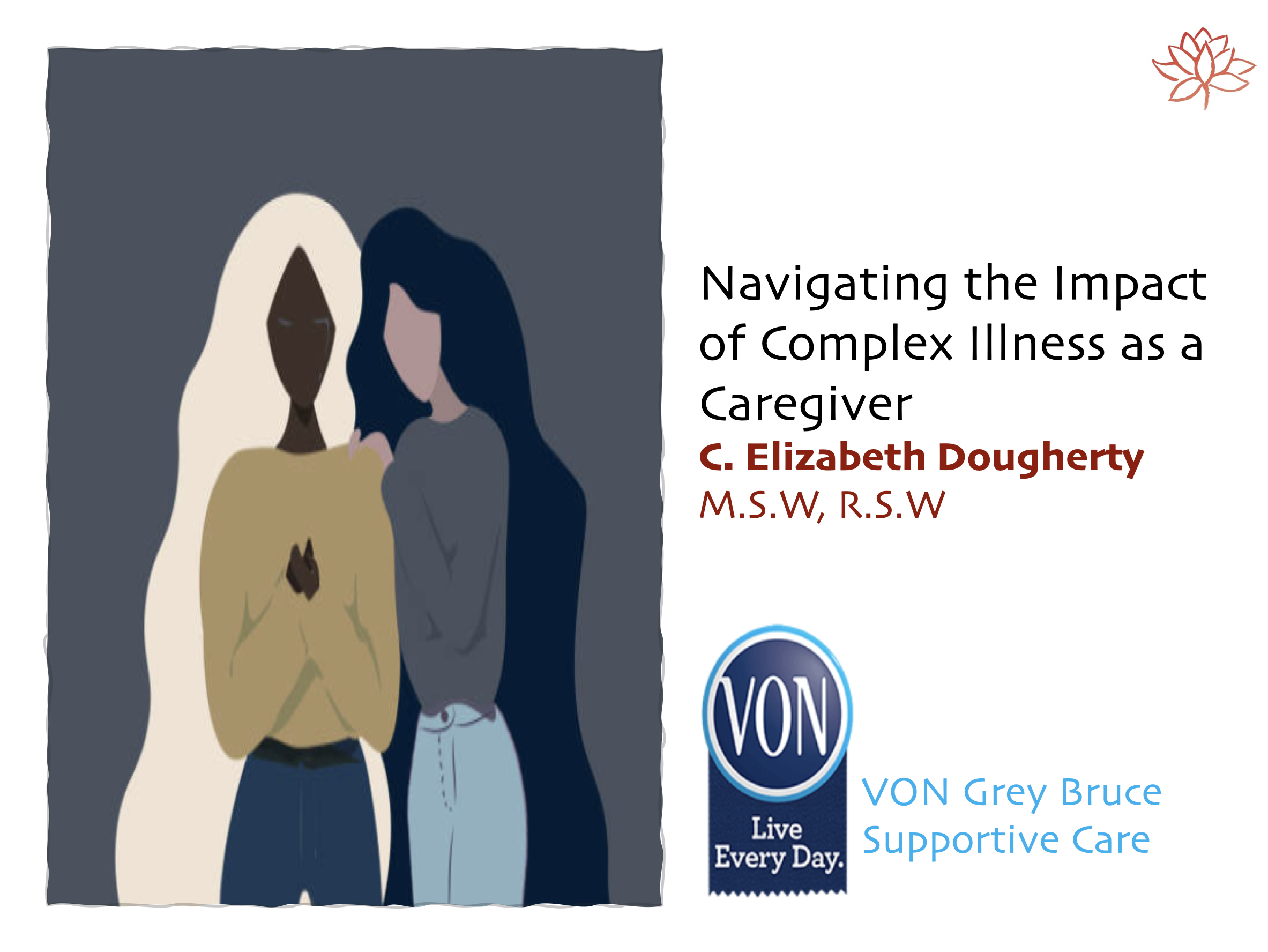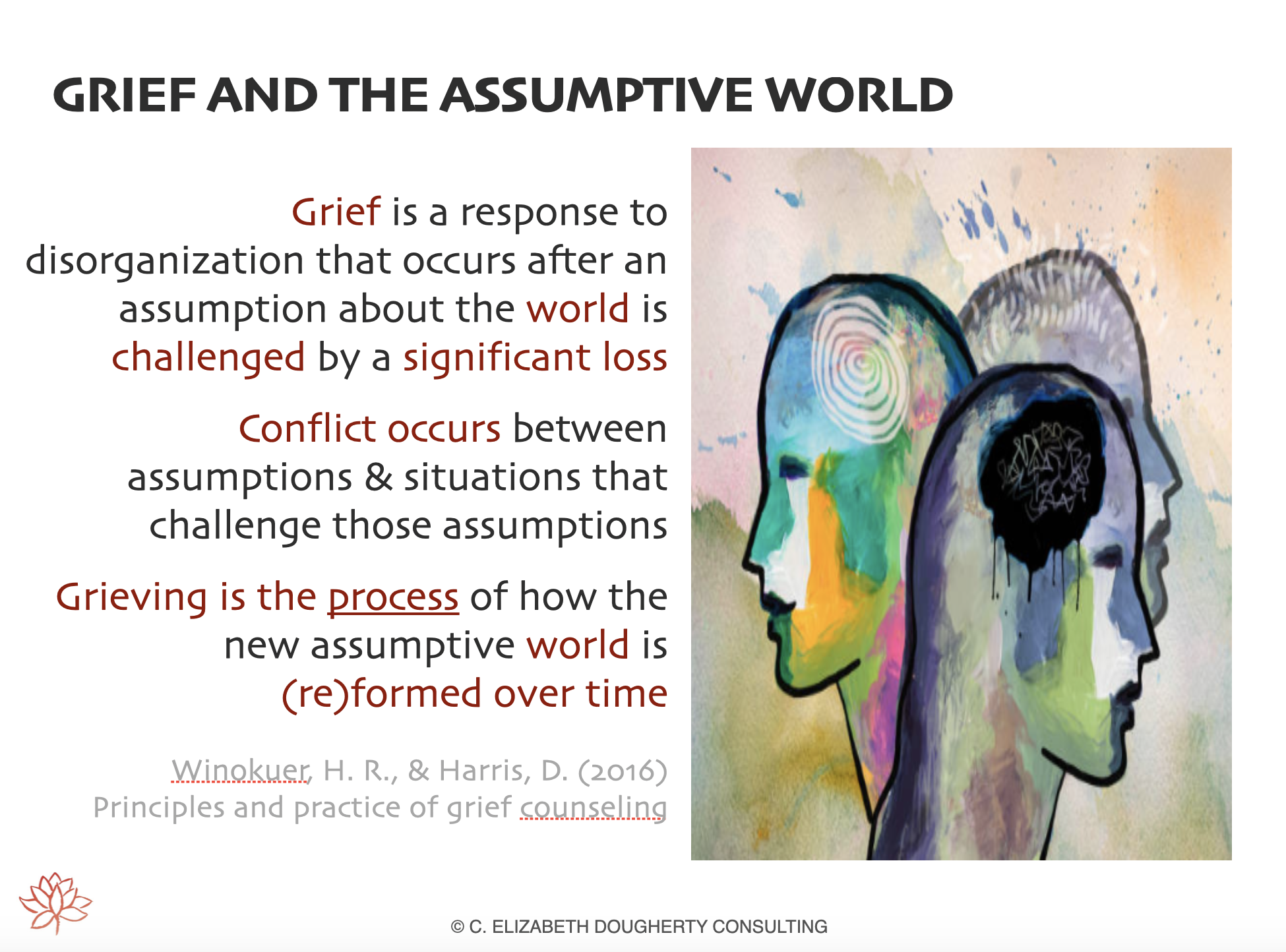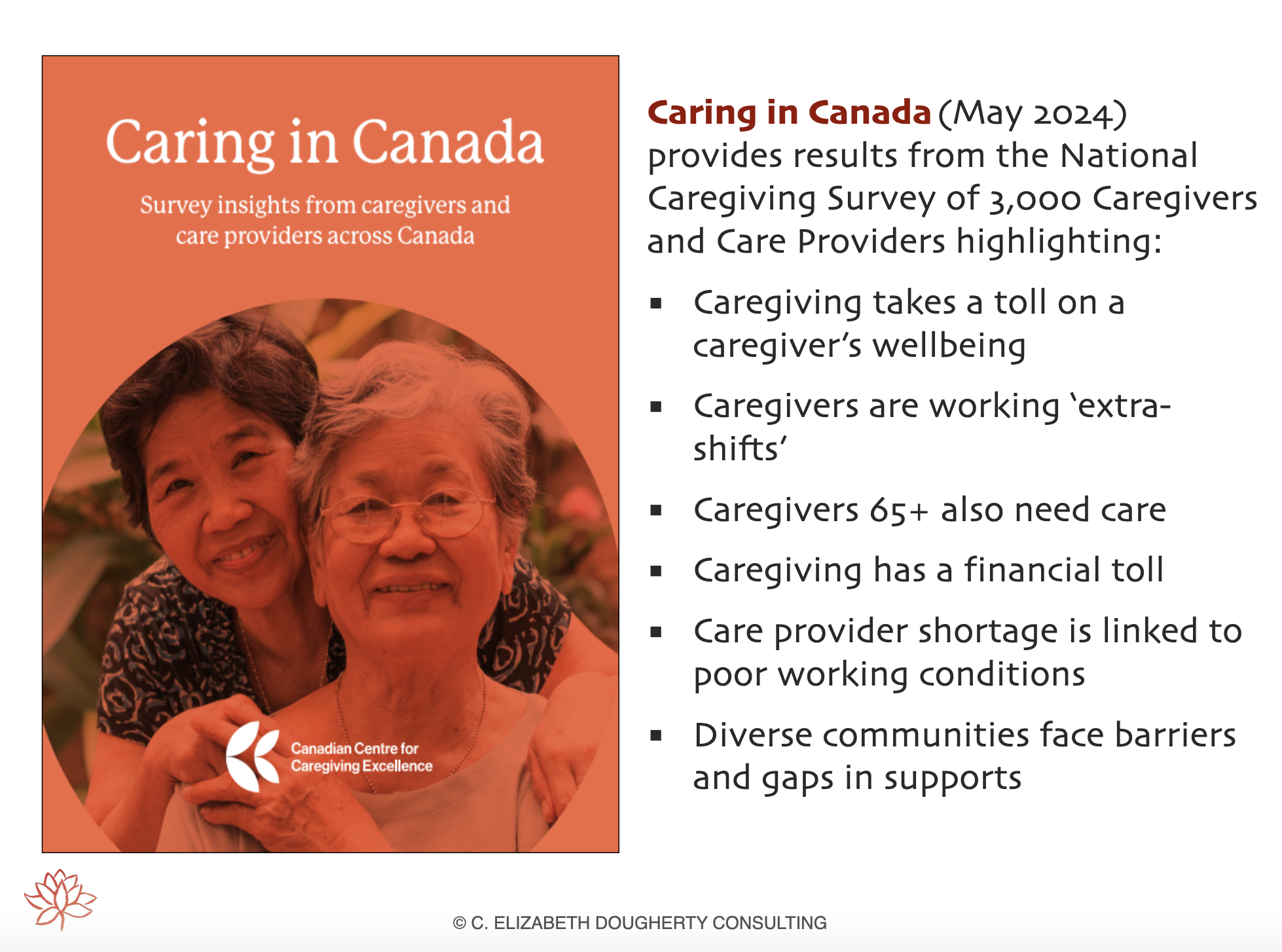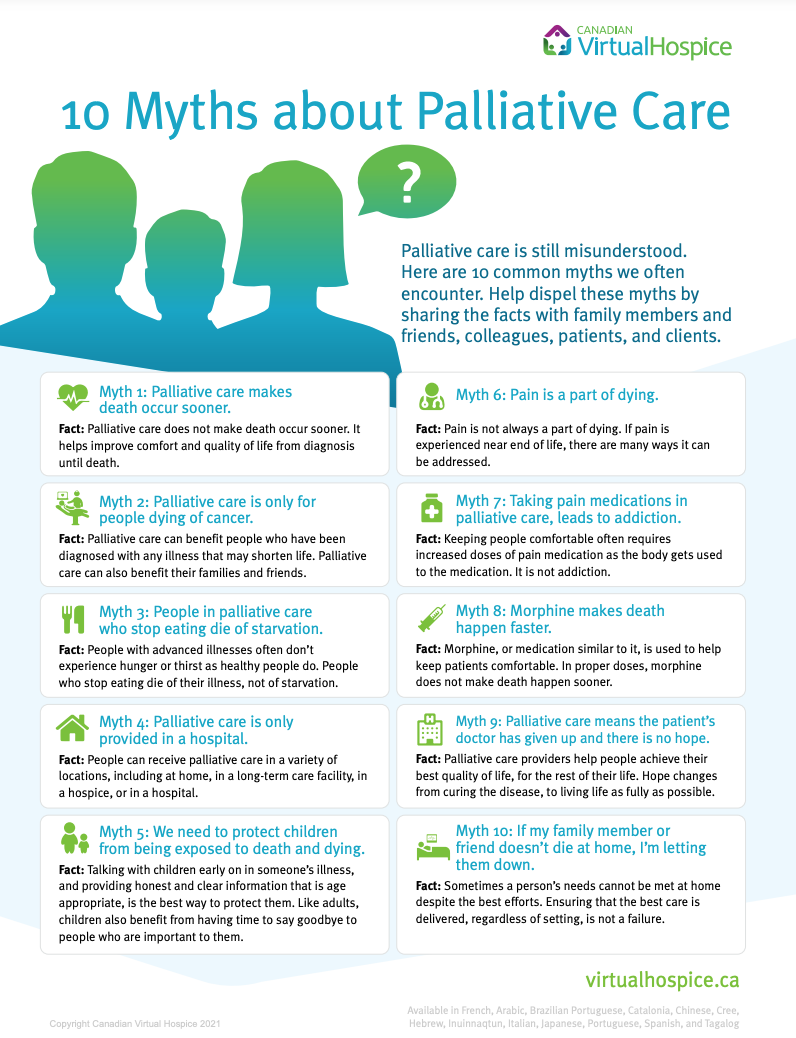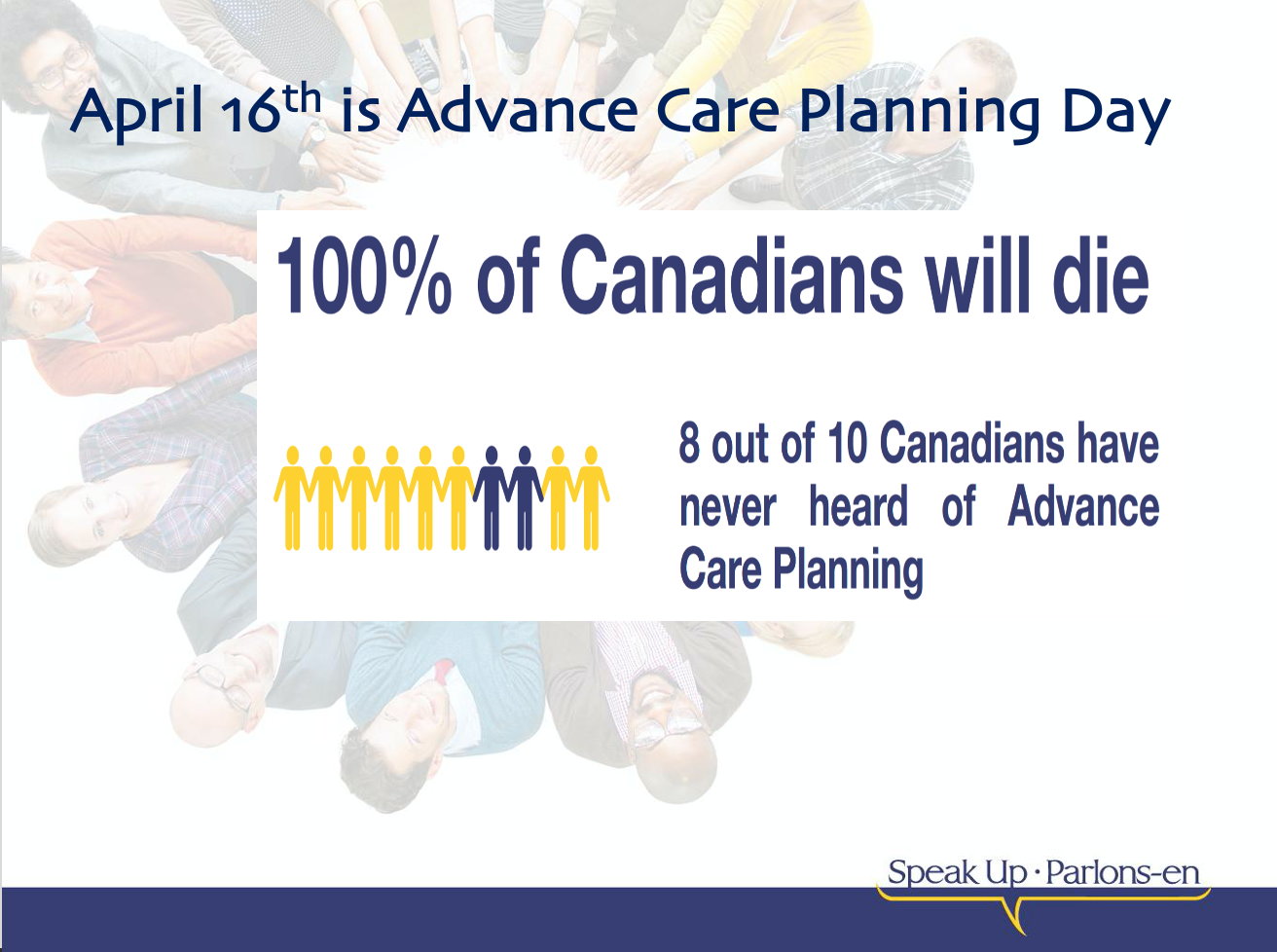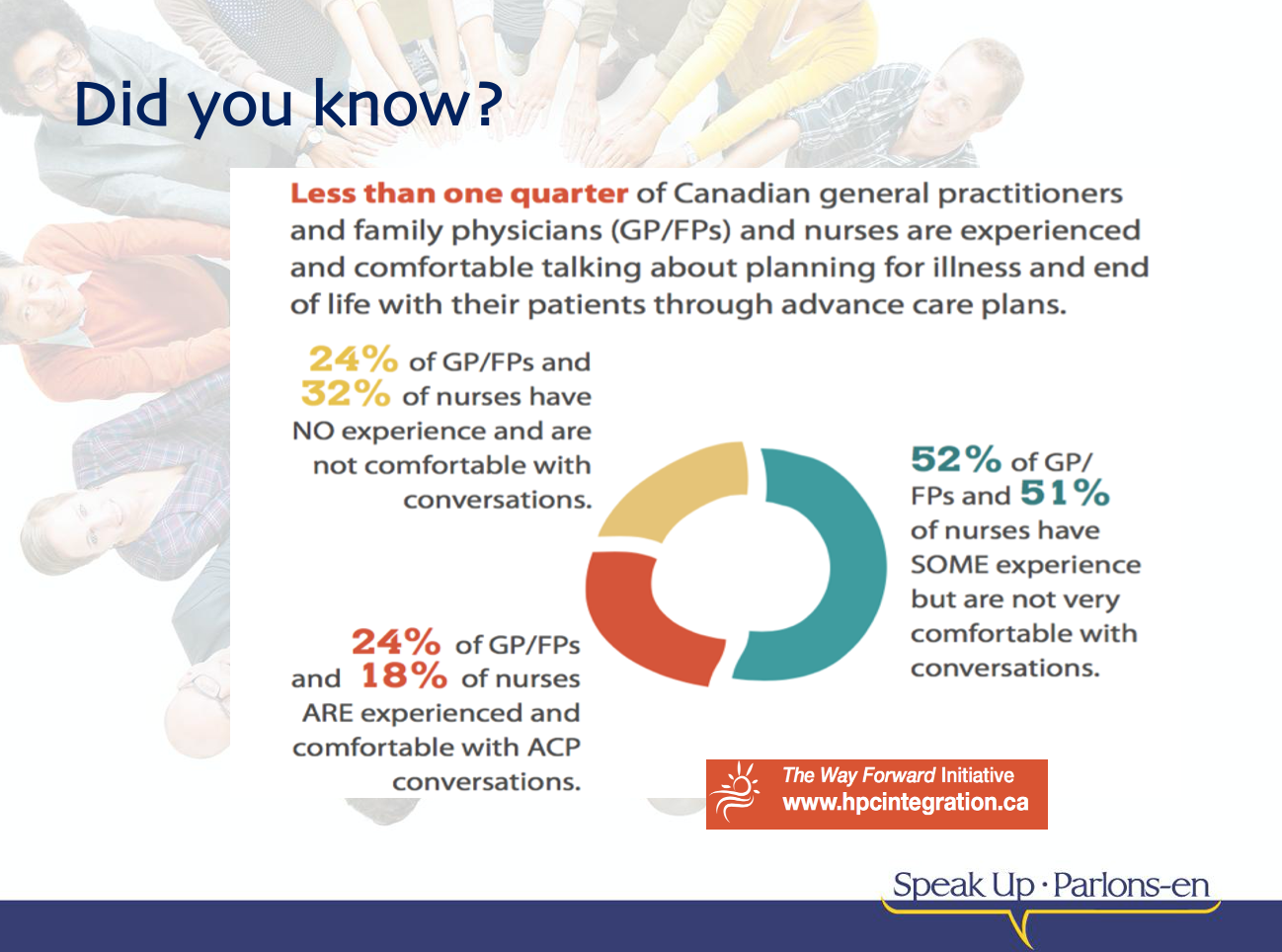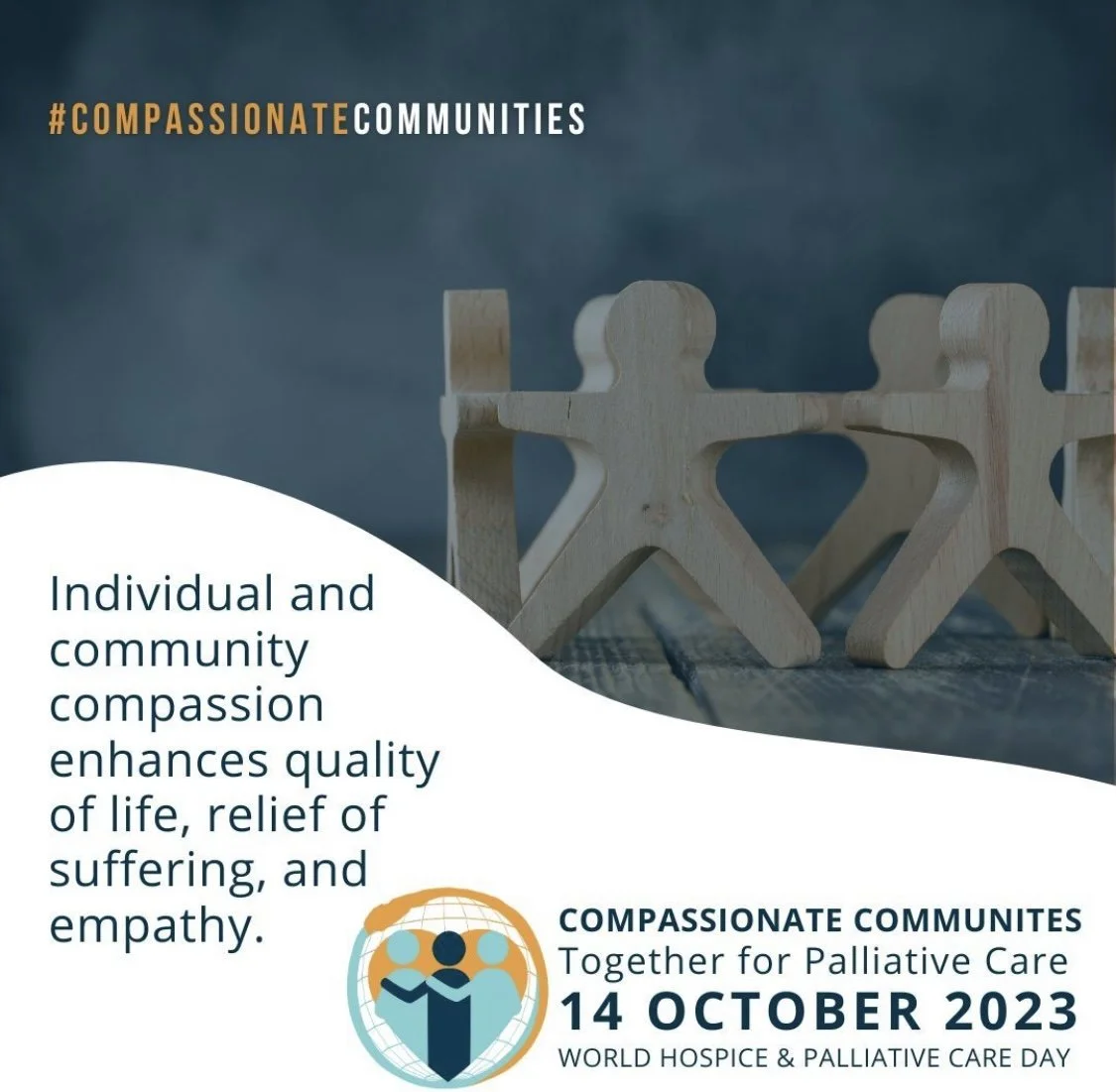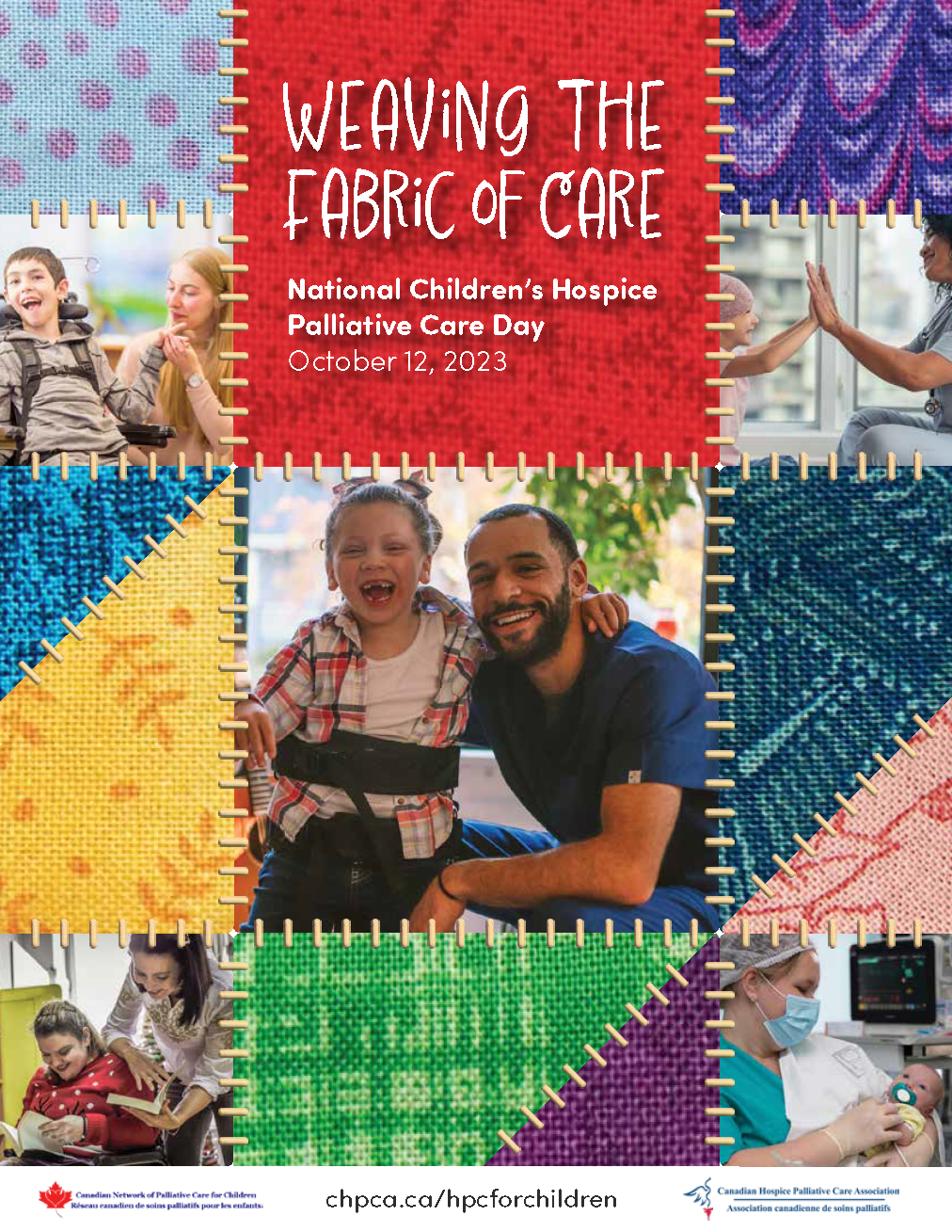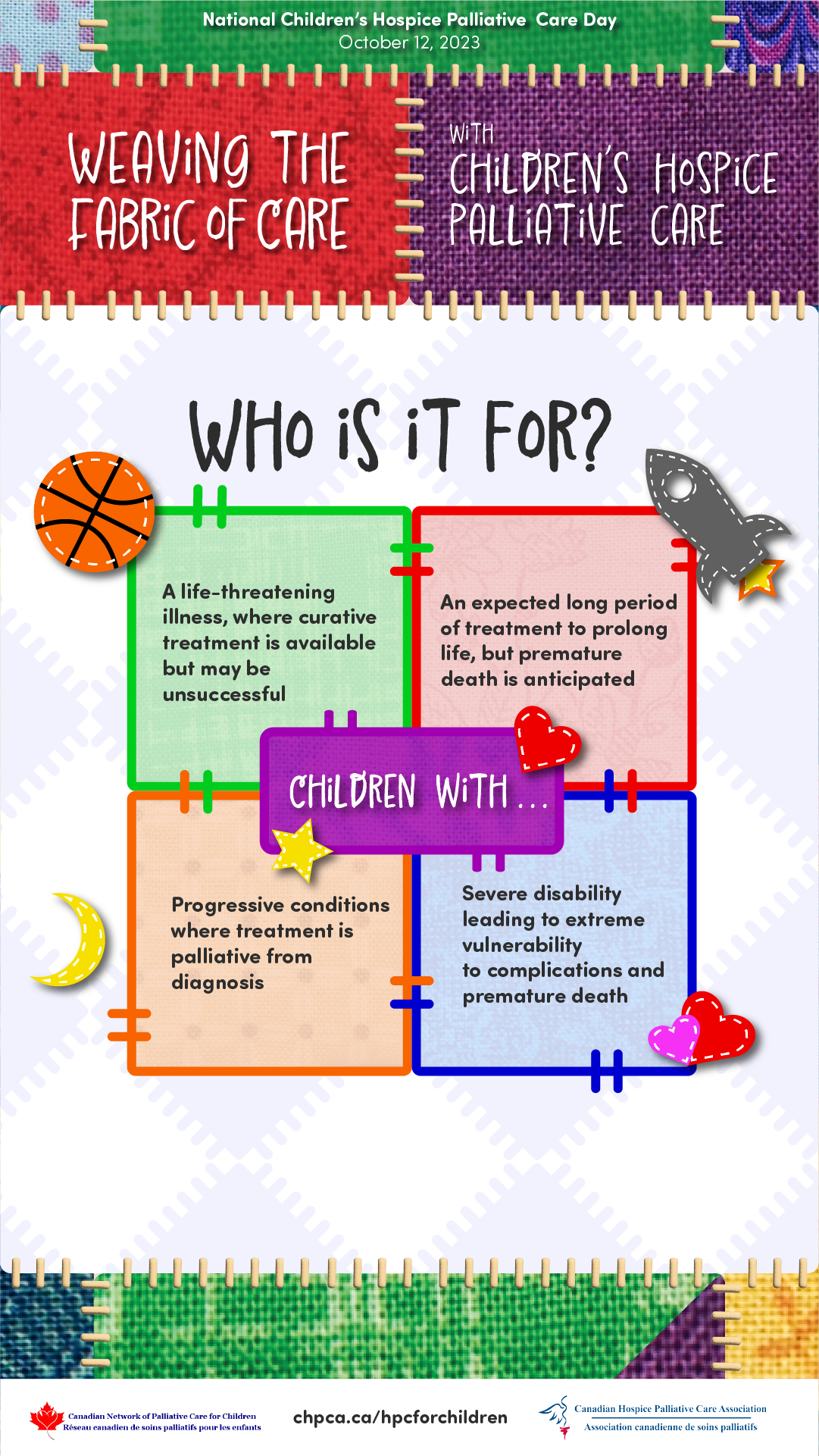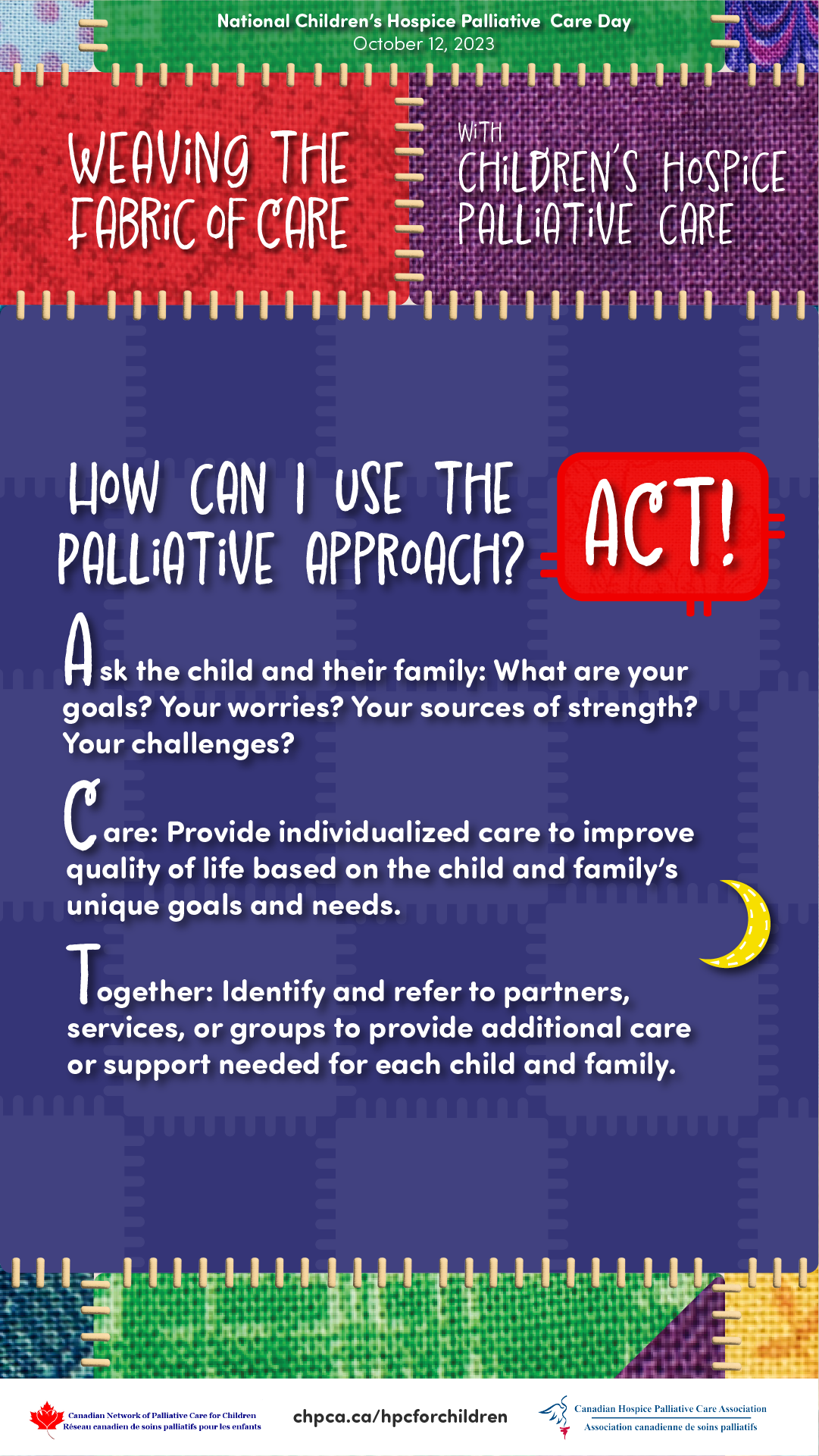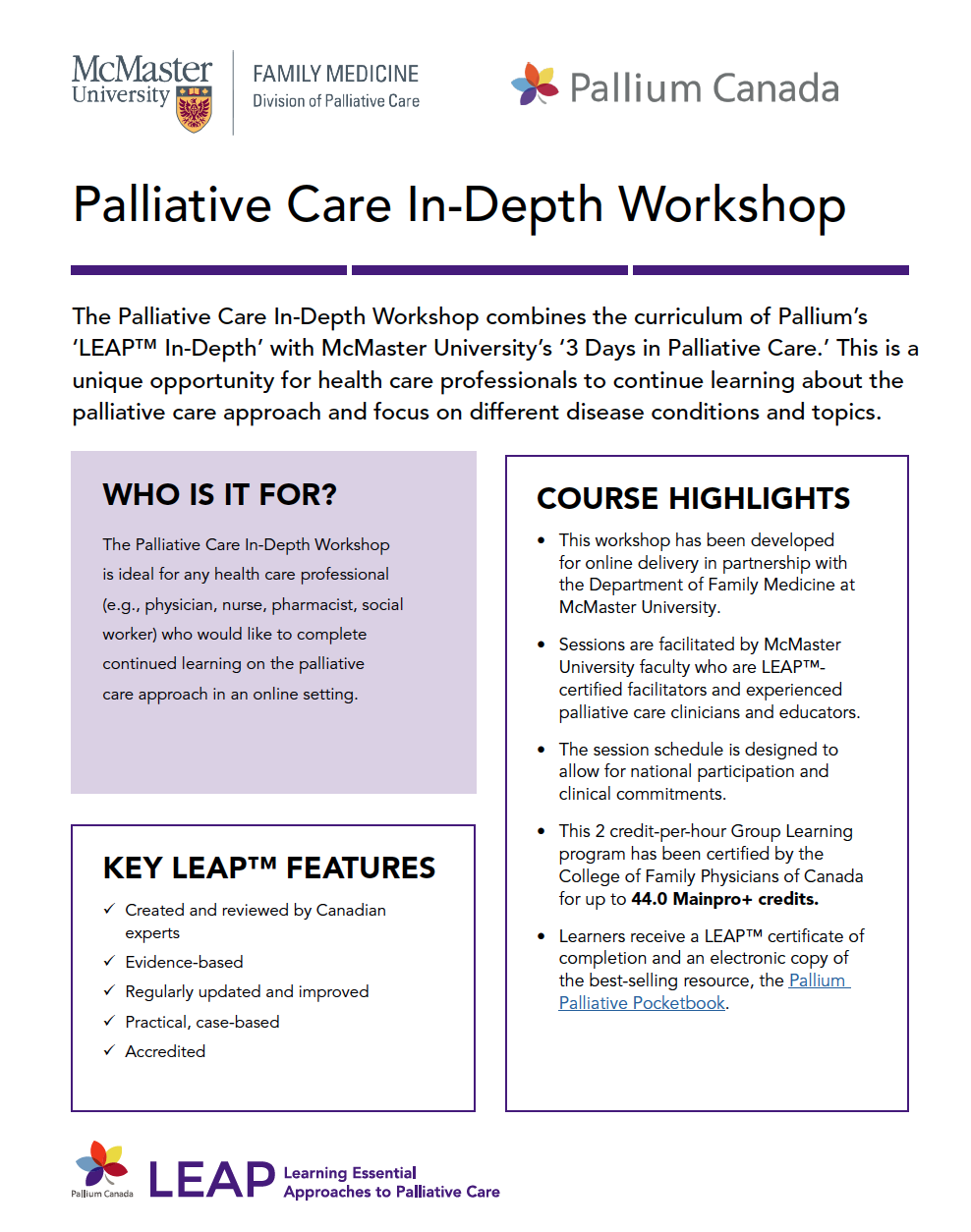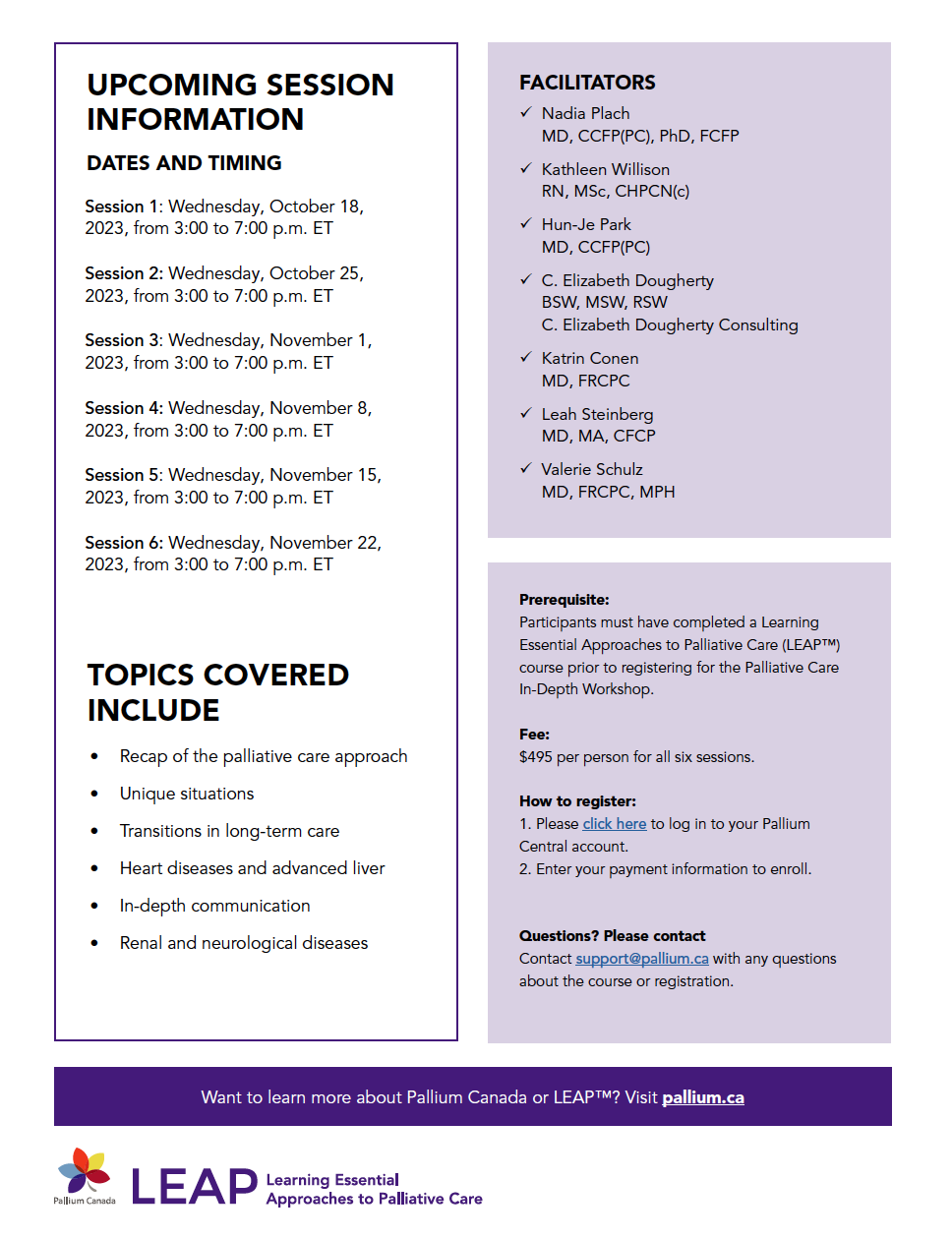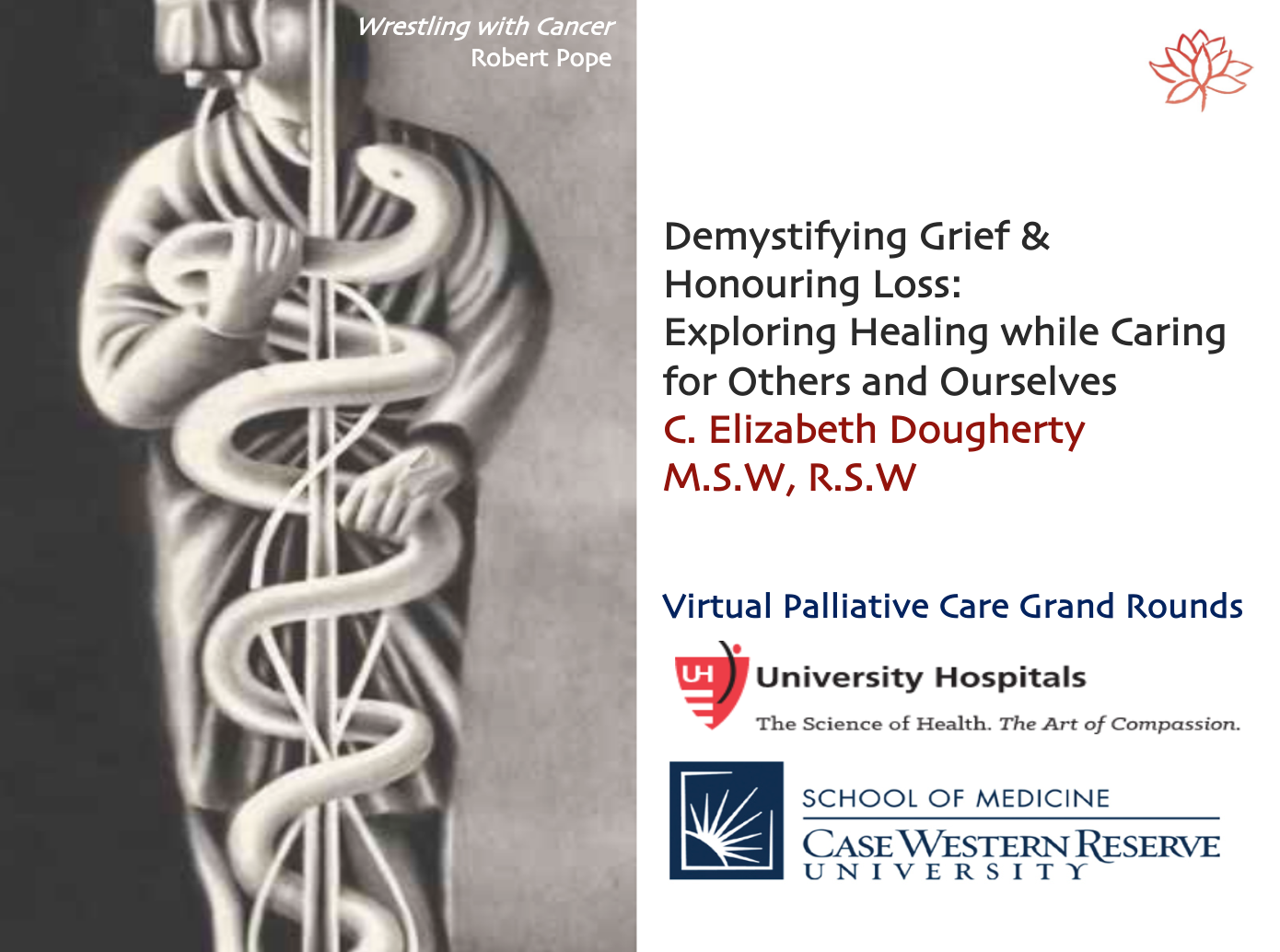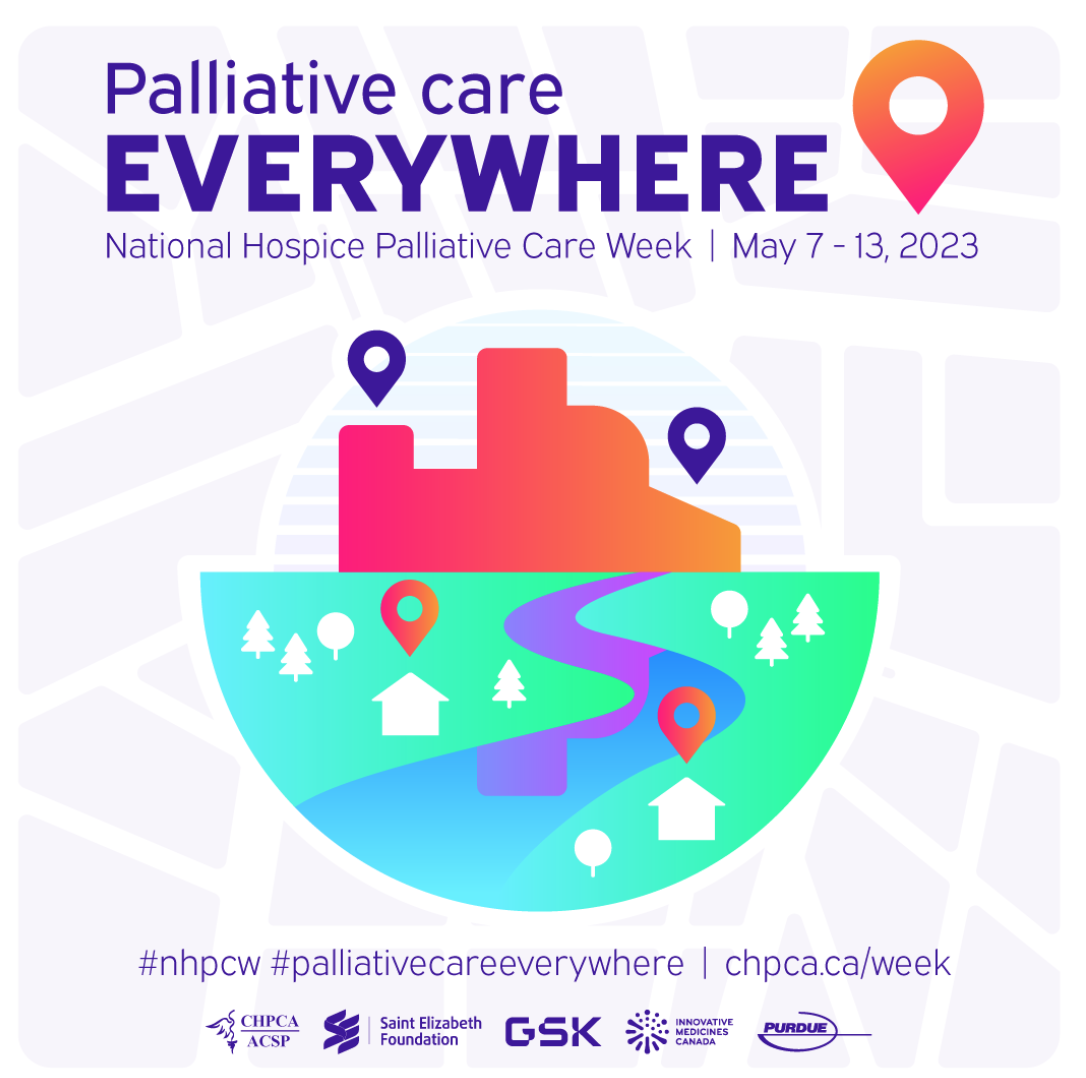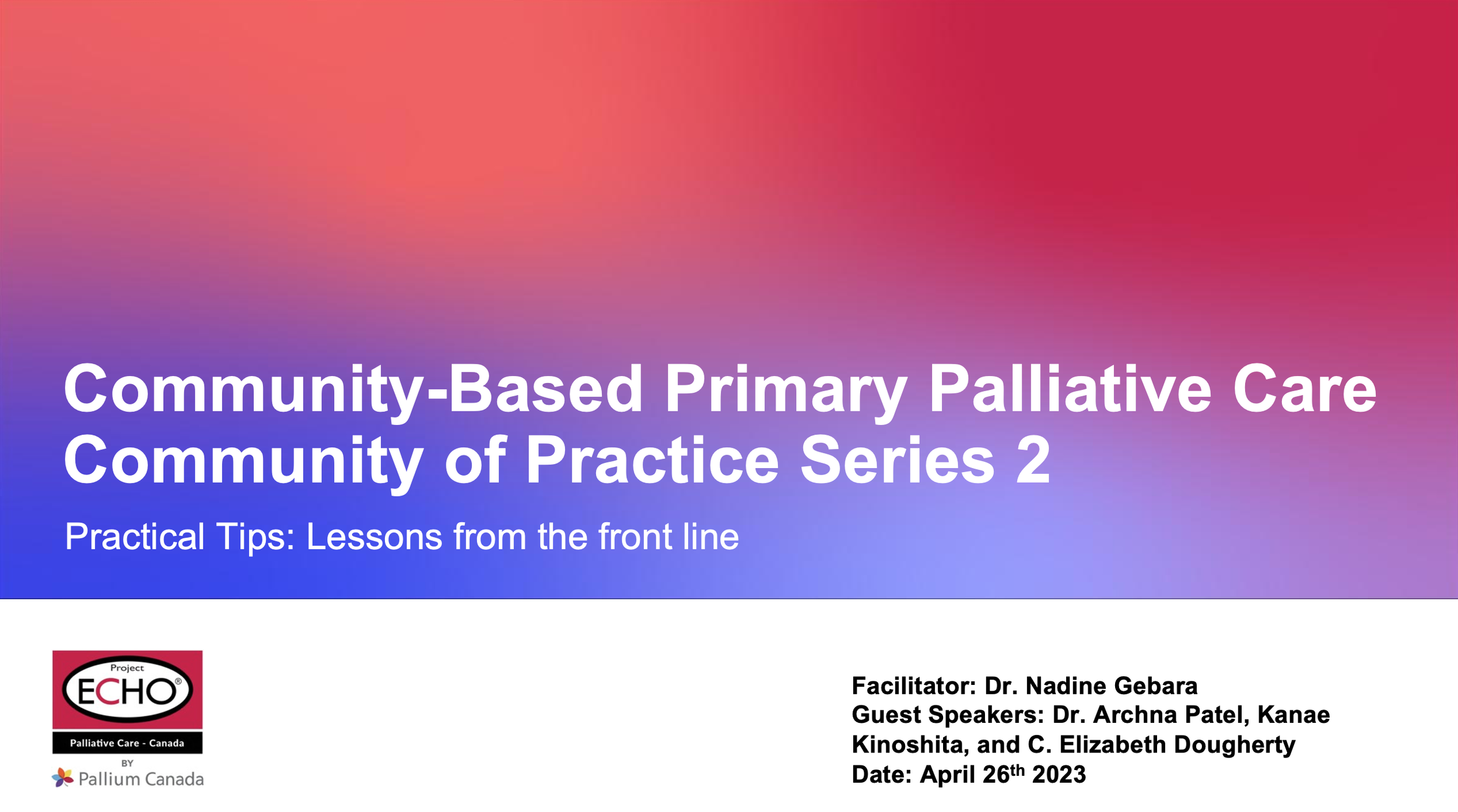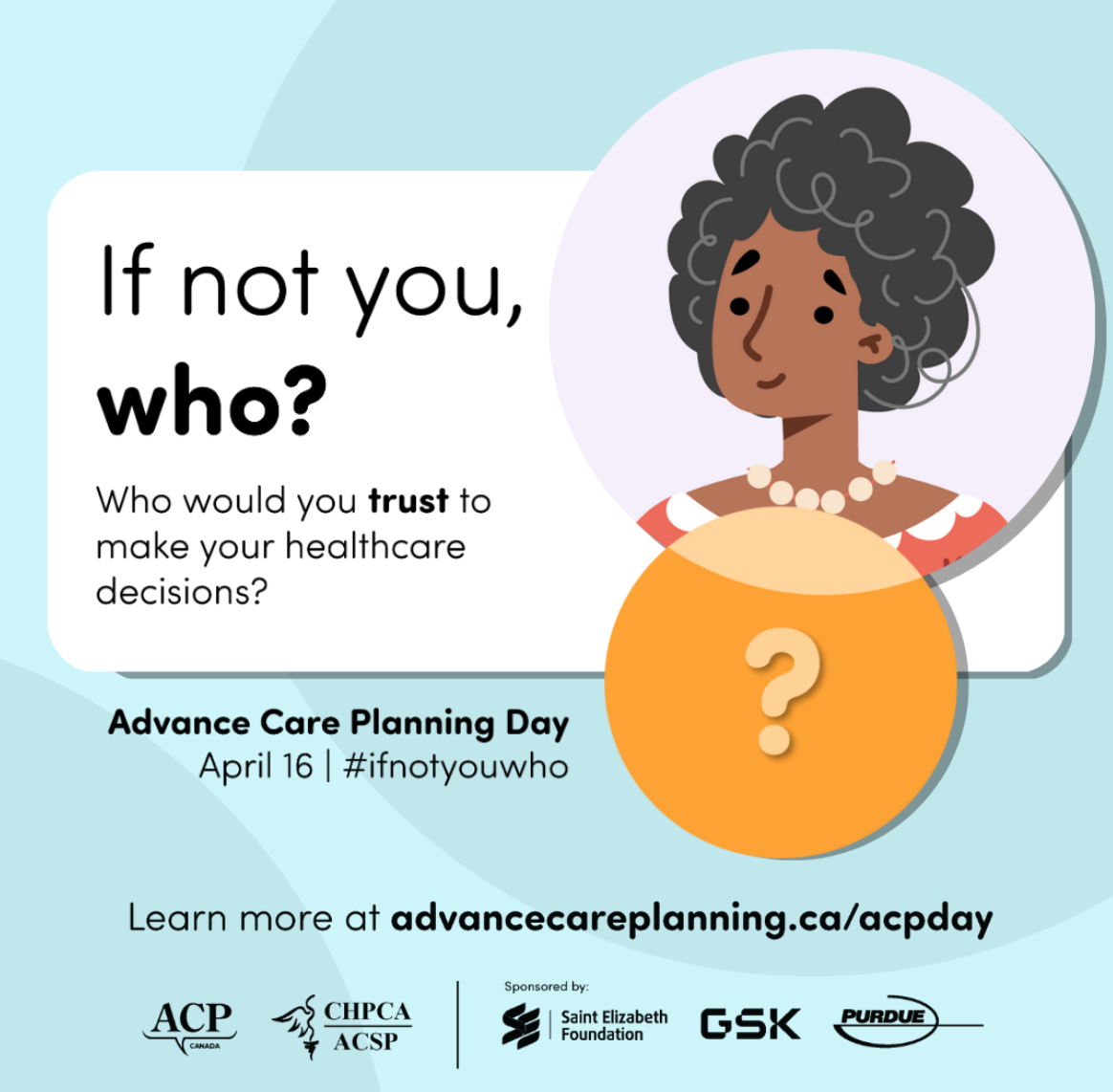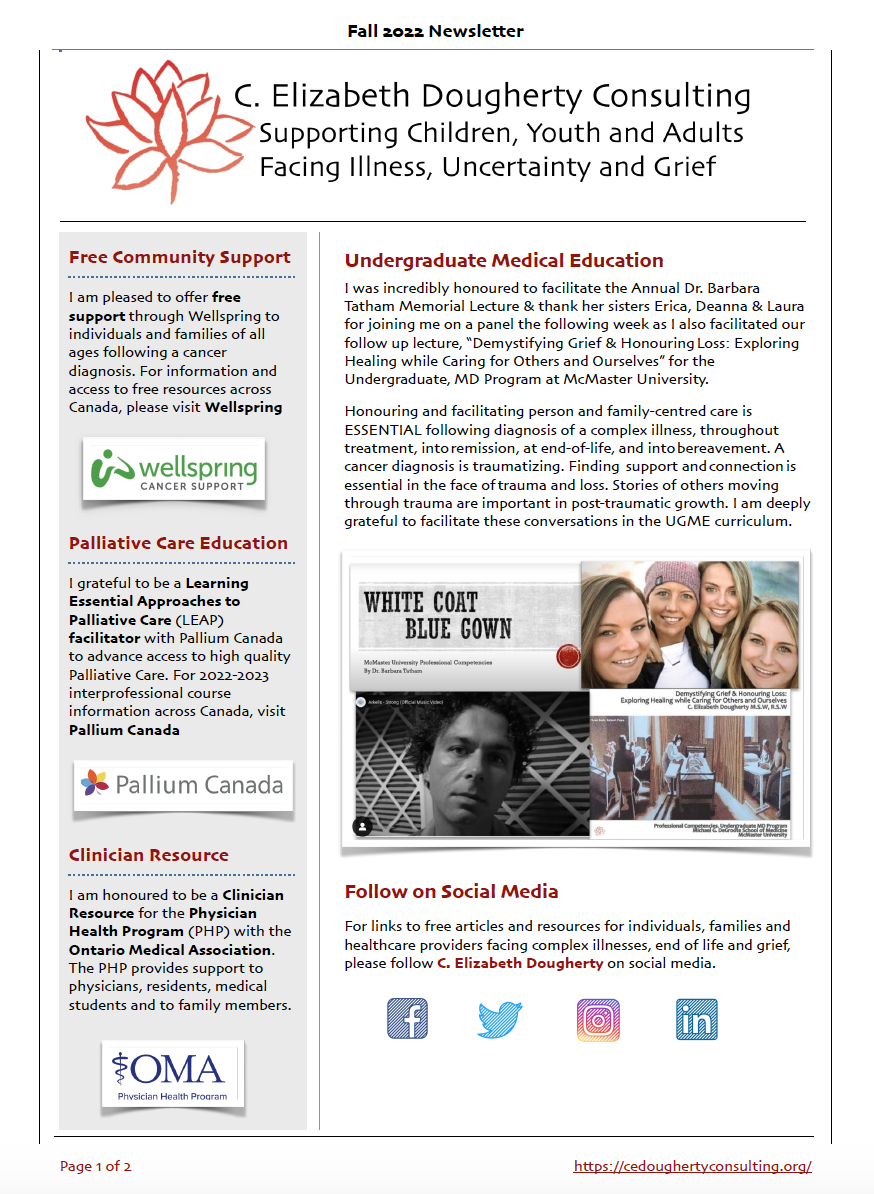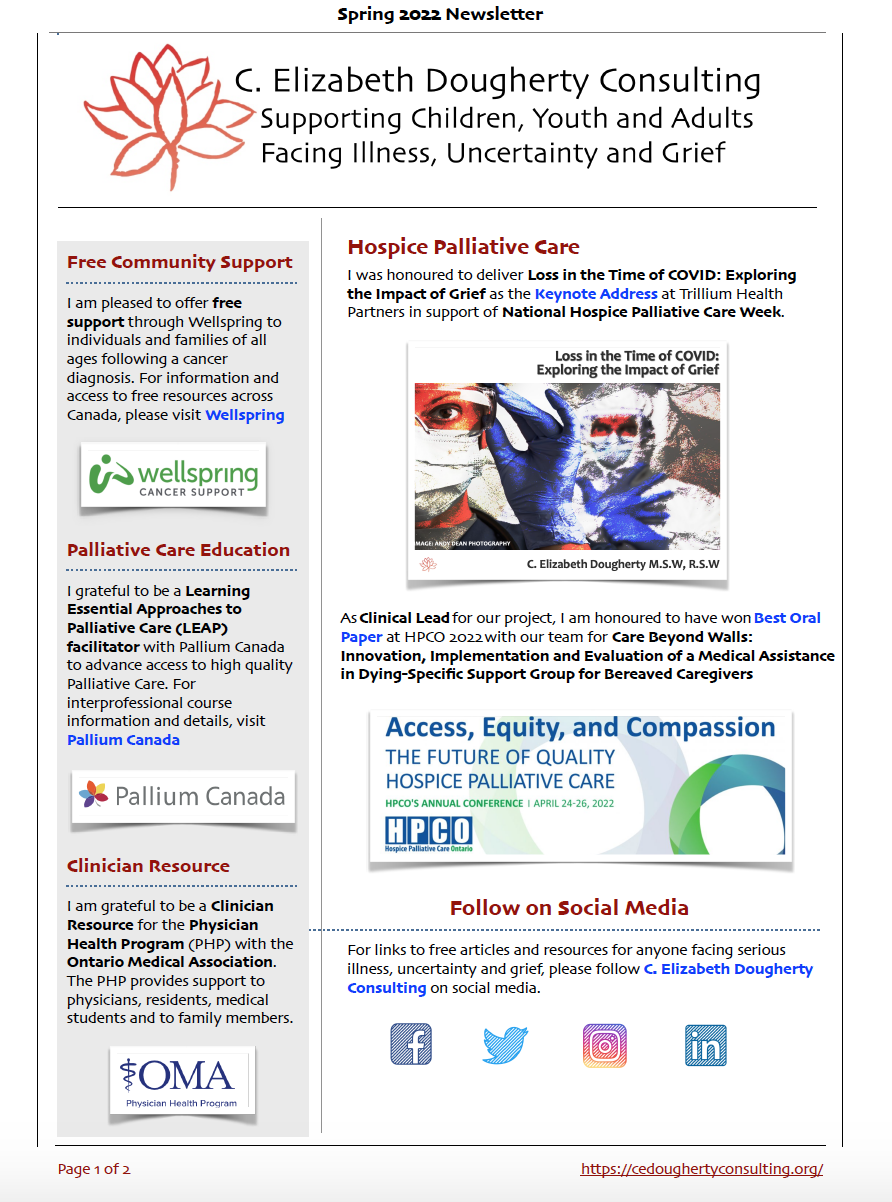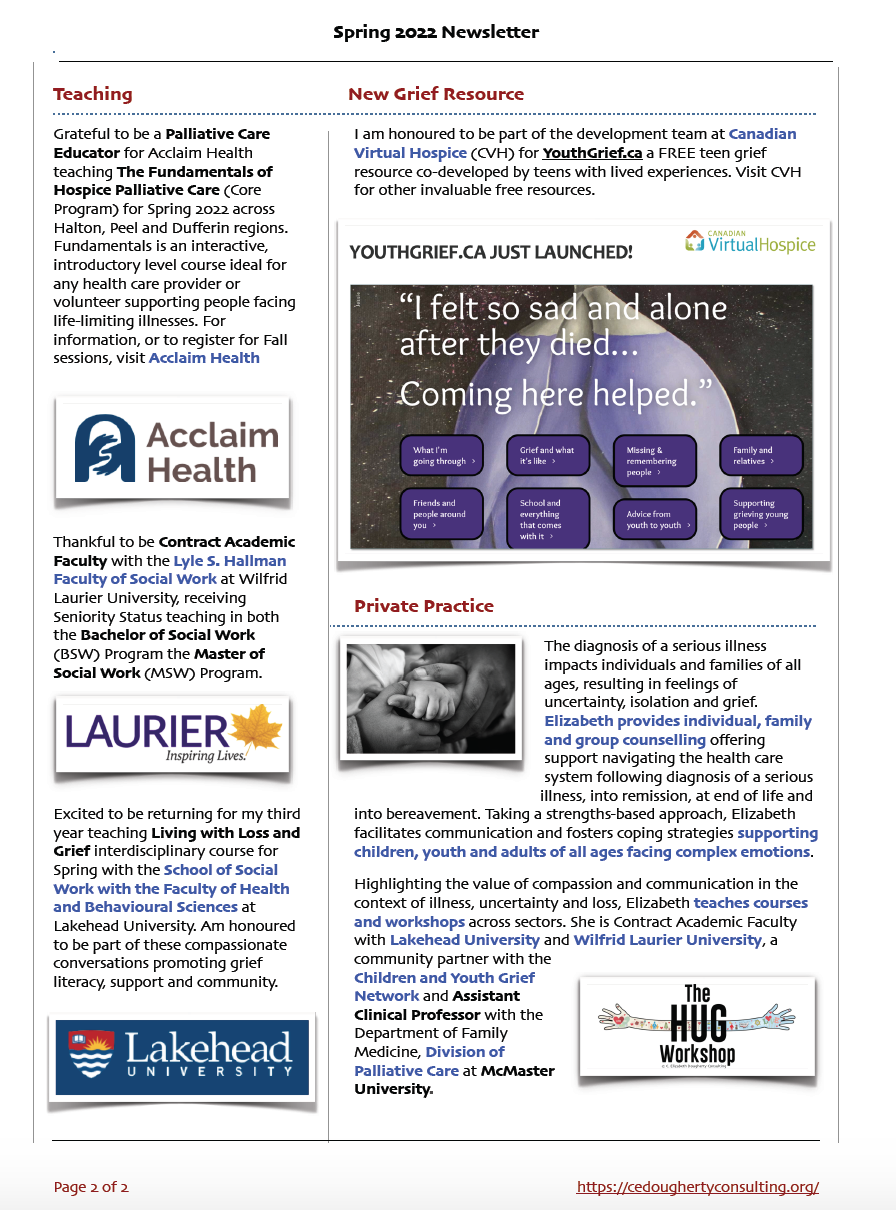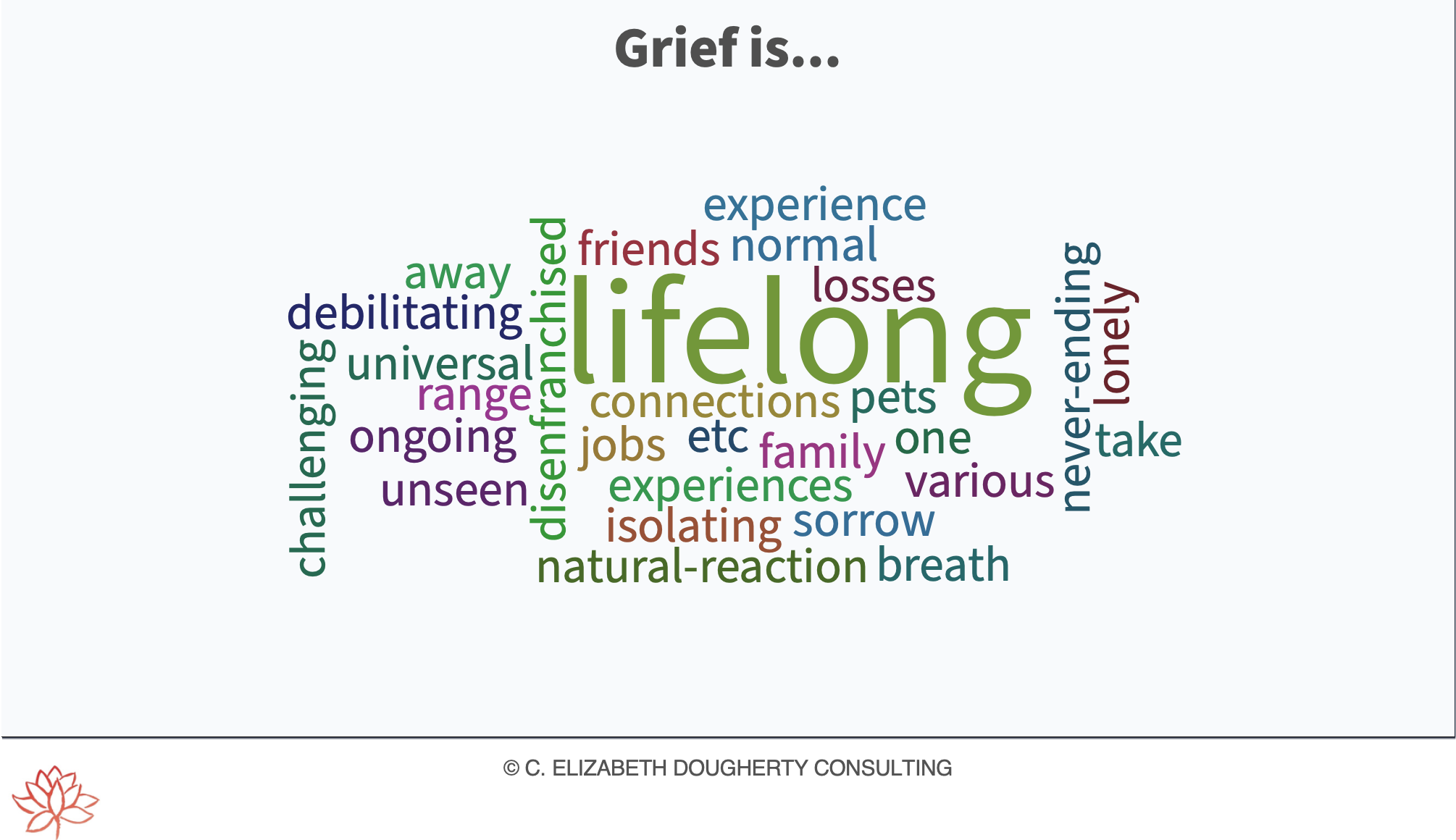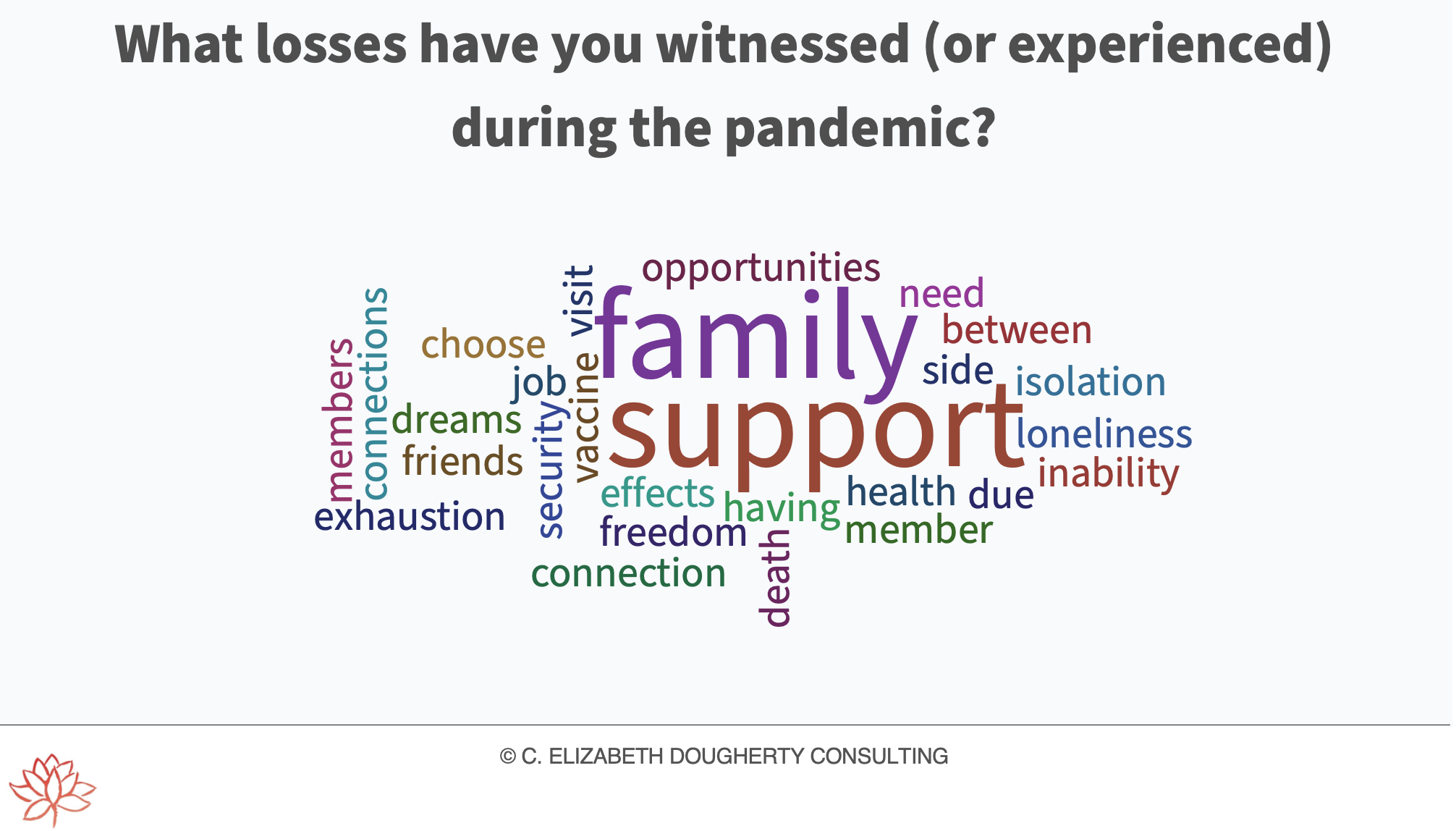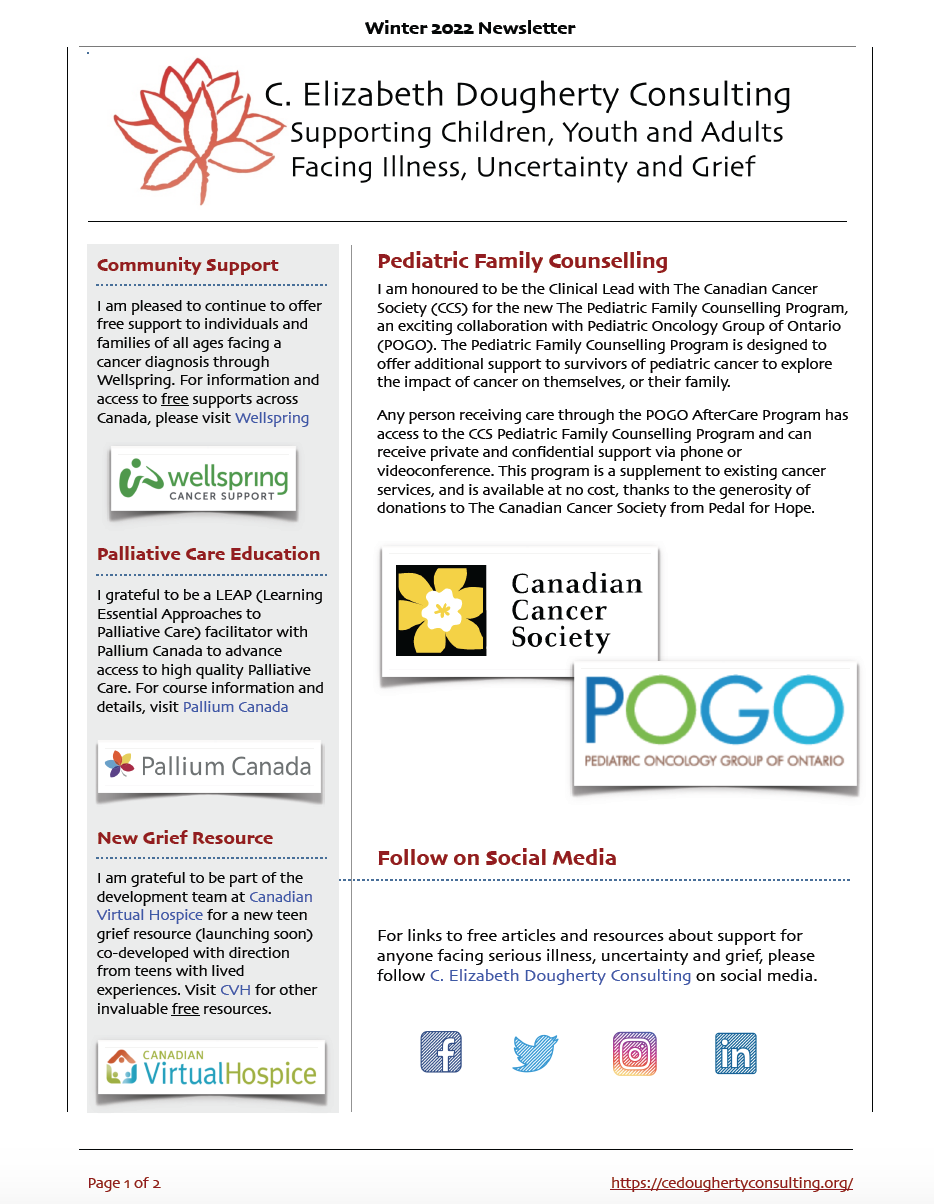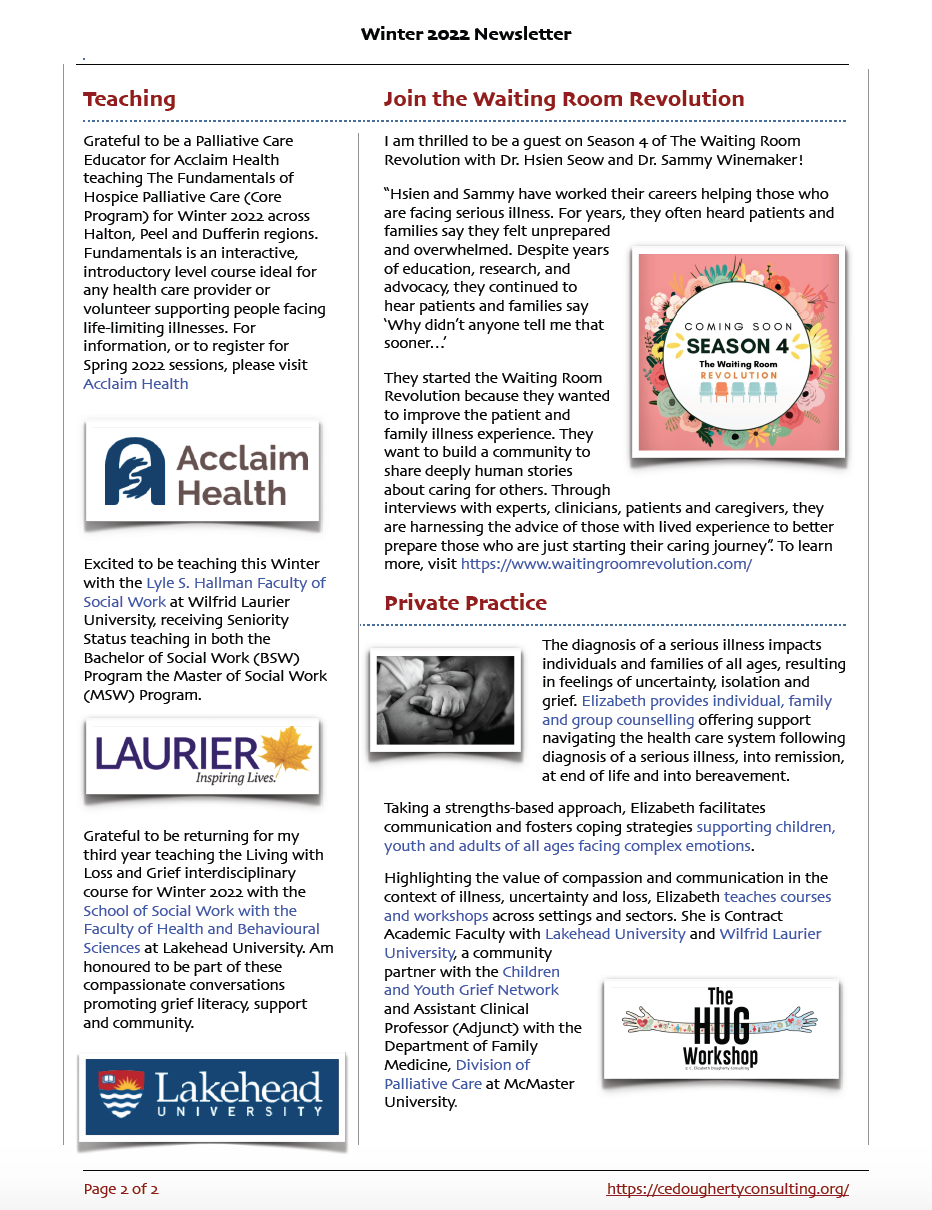I am honoured to co-facilitate a FREE Death Café at the David Braley Health Sciences Centre, together with Dr. Alan Taniguchi, McMaster University on behalf of The 100% Certainty Project. Death: Something to Talk About and The Division of Palliative Care.
Registration is required for this FREE Death Café on Wednesday August 7th (6-8pm) via Eventbrite at: https://www.eventbrite.ca/e/death-cafe-tickets-914115994547?aff=oddtdtcreator
Death Café is an international movement where people, often strangers, gather to eat, drink tea and discuss death. The objective is 'to increase awareness of death with a view to helping people make the most of their (finite) lives’.
At Death Café, you can expect a group directed discussion of death with no agenda, objectives or themes. It is a discussion group.
Please note that Death Café is NOT a grief support group, nor is this a grief counselling session.
Death Café is a respectful, public event where people of all communities and belief systems are welcome to have respectful discussions about death.
Interesting conversation is guaranteed! For more information about Death Café, please visit https://deathcafe.com/
Image via YG2D For more information on YG2D visit https://www.yg2d.com/
Image via YG2D For more information on YG2D visit https://www.yg2d.com/



